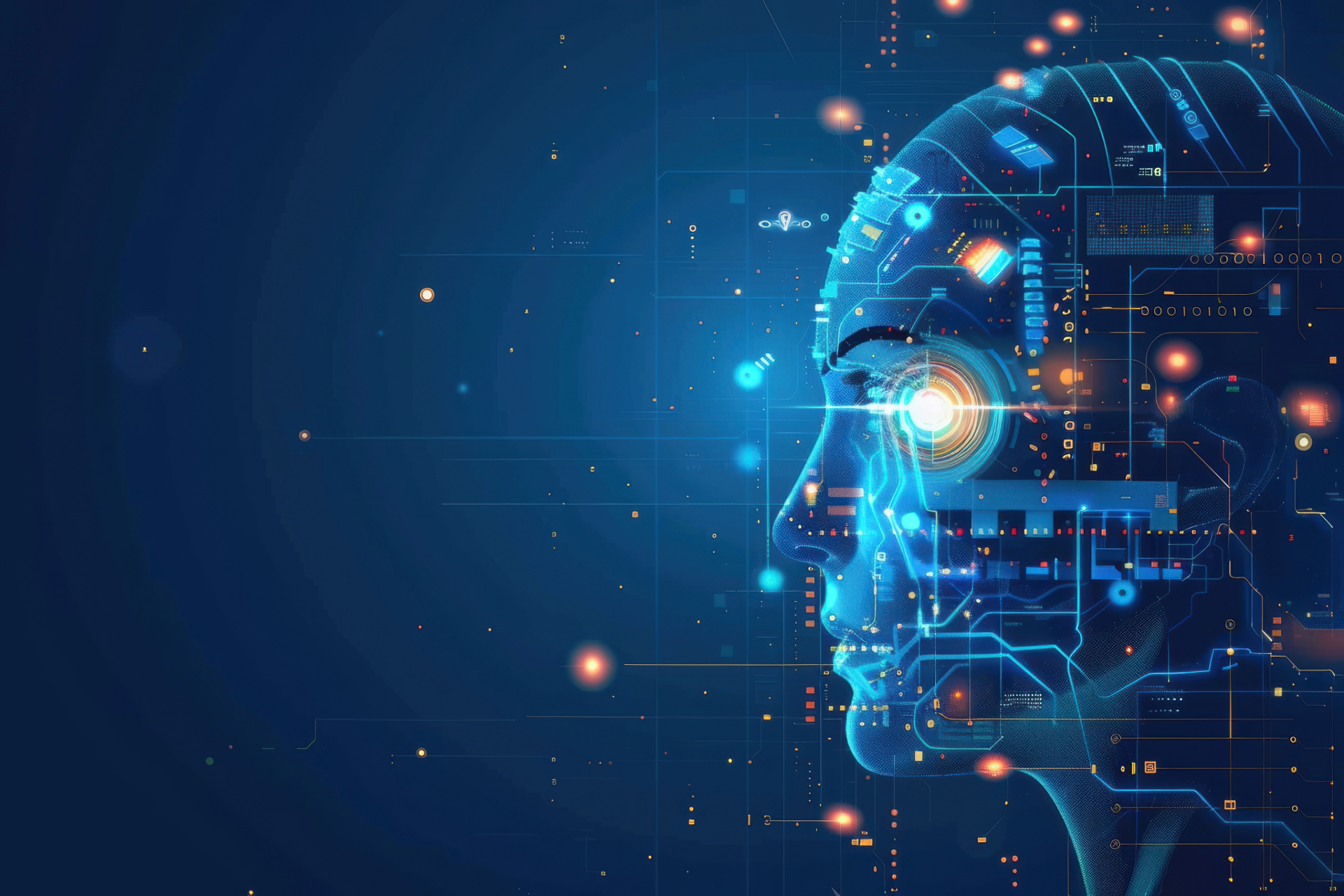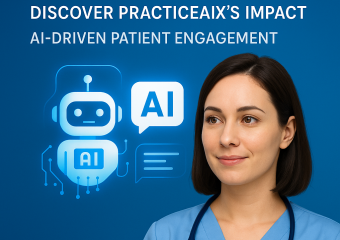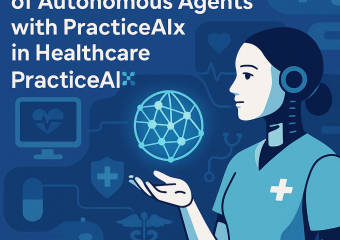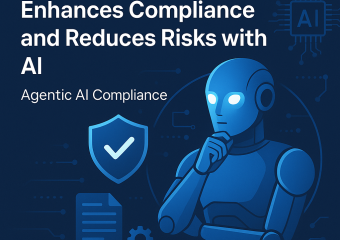Healthcare AI Trends: Exclusive Must-Have Insights You’ll Love
What’s New in Healthcare AI: Top Headlines and Trends You Can’t Ignore
Artificial intelligence (AI) is rapidly transforming the healthcare industry, driving innovation and creating new possibilities for improving patient outcomes, streamlining operations, and enhancing medical research. As technology advances, healthcare AI is not only becoming more sophisticated but also more accessible, making it an integral part of modern medical practice. In this article, we’ll explore the most recent developments, key trends, and exciting breakthroughs in healthcare AI that are shaping the future of medicine.
The Rise of AI in Diagnostics and Imaging
One of the most impactful uses of AI in healthcare is in the field of diagnostics, particularly medical imaging. AI algorithms can analyze vast amounts of imaging data—such as X-rays, MRIs, and CT scans—much faster and often more accurately than human radiologists. Recent headlines highlight how machine learning models have achieved remarkable success in detecting diseases like cancer, pneumonia, and neurological disorders at early stages.
For example, deep learning systems now assist radiologists by flagging suspicious lesions or anomalies, reducing diagnostic errors and accelerating patient care. Companies are also developing AI-powered portable imaging devices that can be used in remote areas, bringing quality diagnostic services to underserved populations.
Personalized Medicine and AI-Driven Treatment Plans
Another groundbreaking trend is the use of healthcare AI to tailor treatments specifically to individual patients. Personalized medicine leverages genetic, environmental, and lifestyle data to customize therapies, minimizing side effects and maximizing effectiveness.
AI is uniquely suited for this challenge because it can integrate and analyze complex datasets quickly. Recent studies show AI’s growing role in oncology, where algorithms identify the most promising drug combinations for cancer patients based on their unique tumor profiles. Beyond cancer, AI is helping physicians design personalized care plans for chronic conditions like diabetes, cardiovascular diseases, and mental health disorders.
Telehealth and Virtual Care Powered by AI
Telehealth has exploded in popularity, especially during the COVID-19 pandemic, and AI is facilitating even more sophisticated remote healthcare services. Virtual assistants and chatbots powered by natural language processing can triage symptoms, schedule appointments, and provide basic health information, freeing up clinicians to focus on critical cases.
Moreover, AI-driven remote monitoring devices track patients’ vital signs in real-time and detect early warning signs of deterioration. This continuous monitoring helps prevent hospitalizations and supports chronic disease management from the comfort of patients’ homes. As telehealth technologies evolve, AI’s role in virtual care is poised to grow even more significant.
Predictive Analytics for Population Health Management
Healthcare providers are increasingly using AI-powered predictive analytics to improve population health outcomes and allocate resources efficiently. By analyzing trends in electronic health records (EHRs), social determinants of health, and community data, AI models identify at-risk individuals and predict disease outbreaks or hospital admission surges.
This proactive approach allows for targeted interventions, preventative care programs, and informed decision-making that can save lives and reduce healthcare costs. Public health agencies and hospitals around the world are adopting these AI solutions to better manage pandemics, chronic diseases, and emergency preparedness.
Ethical Considerations and the Future of Healthcare AI
As healthcare AI continues to evolve, ethical questions and regulatory challenges remain prominent topics. Ensuring patient privacy, preventing algorithmic bias, and maintaining transparency in AI decision-making are critical concerns that developers and healthcare providers must address.
Fortunately, recent initiatives emphasize responsible AI development, including stricter data governance policies and ongoing bias audits of AI systems. Collaboration between technologists, clinicians, ethicists, and policymakers will play a pivotal role in shaping AI’s safe and equitable incorporation in healthcare.
Conclusion
The latest advancements in healthcare AI highlight a dynamic and promising future for medicine. From improving diagnostic accuracy and personalizing treatment plans to enhancing telehealth capabilities and enabling proactive population health management, AI is revolutionizing the way care is delivered. Staying informed about these trends allows healthcare professionals, policymakers, and patients to navigate the evolving landscape with confidence and optimism.
As innovation continues at a rapid pace, the integration of AI in healthcare will undoubtedly generate even more transformative breakthroughs—making it an exciting space to watch for years to come.








